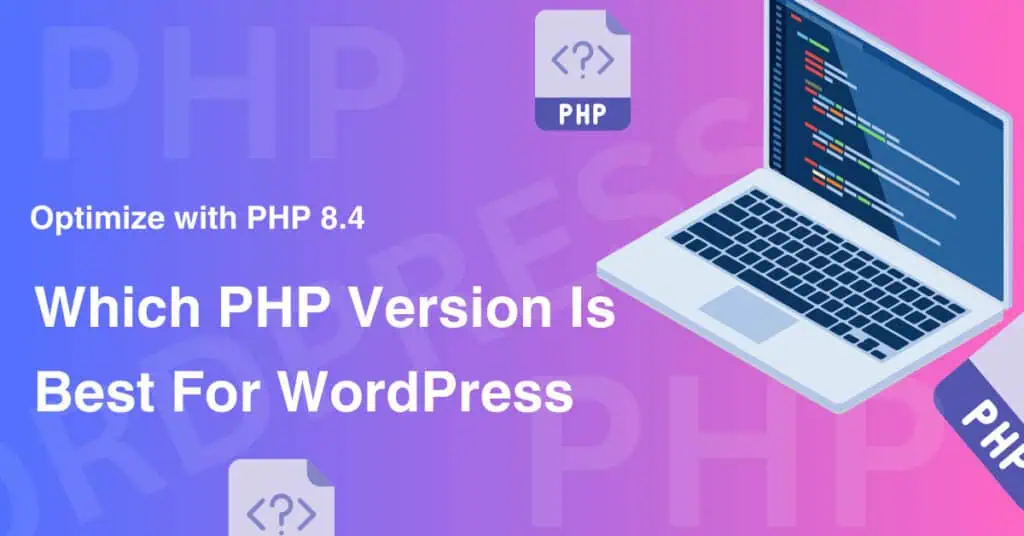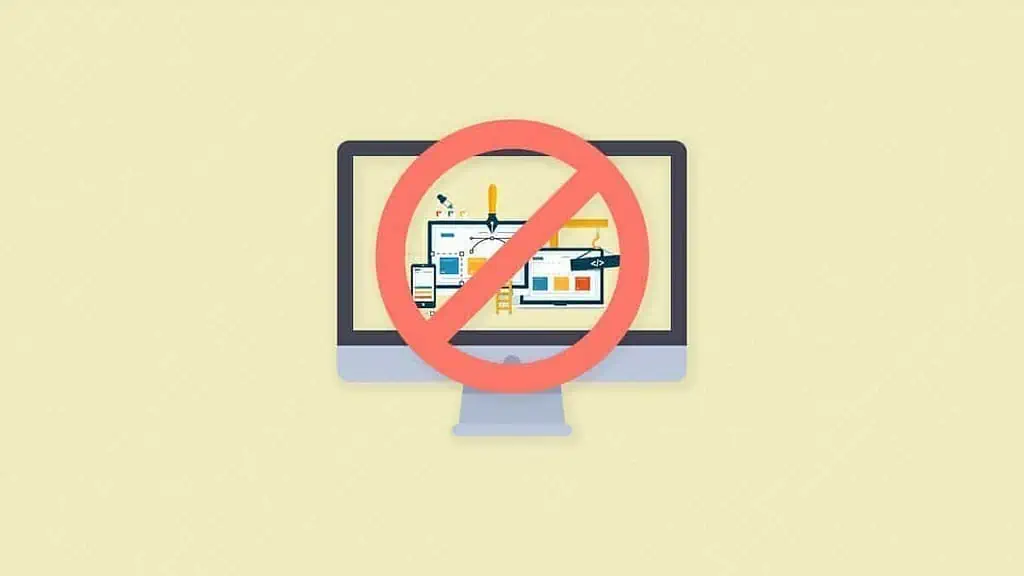Since the earliest days of the Internet, search engine optimization (SEO) has been a vital consideration for website owners. While acceptable SEO practices have changed and evolved a lot over time, one thing has never changed – the need to tell search engine spiders what your site is about so it can rank as high as possible in organic search results.
Reams have been written about how to optimize WordPress websites, from the basics to the advanced. However, less has been covered in terms of SEO mistakes for WordPress site owners. In this post, we’re going to dig into some of the worst mistakes you can make when it comes to your site’s optimization so you can avoid these issues.
Contents
Not Realizing That Speed Matters

The chances are good that when you think of SEO, your mind immediately goes to keywords and keyword phrases. That’s natural. They’re a big part of search engine optimization, although their importance has been slowly declining. However, other factors affect the rank assigned to your site through Google and other search engines, and speed is one of the most critical.
If your website loads slowly, you’ll rank lower than otherwise. Not sure how your site compares to others in terms of loading speed? Google offers its PageSpeed Insights tool that can help you dig into the topic.
Not Measuring Success
It doesn’t matter how many people visit your website daily. If they’re not converting – taking whatever action it is that you want – they’re doing you no good. You have no way to determine if you’re successful or not.
In order to gauge your success, you need to measure things like where your traffic is coming from, what your visitors are doing on your site, where they’re losing interest and bouncing out, how long they’re spending on various pages, and more. You can do that with tools like Google Analytics.
Not Using the Right Plugins
One of the many strengths of WordPress is the library of thousands of plugins available, both free and paid. You’ll find a number of these are focused on SEO. Yes, Yoast is one of the best known, but many others can be useful, as well.
Take a tour through the plugins on offer, do a bit of reading to determine the most reputable and useful options out there, and then install them on your website. Learn to use these, and you’ll be able to boost your traffic significantly.
Not using Permalinks to Post Names
Out of the box, WordPress page and post URLs are not SEO friendly, nor are they user-friendly (one and the same, really). To get around this, you can set your permalinks to blog/page name. So, rather than https://www.yoursitename.com/forward?url192, the URL would look like this: https://www.yoursitename.com/post-name/
That’s a lot easier for humans to remember and it’s easier for search engine spiders to understand, too.
Not Using Metadata to Your Advantage
When you conduct an organic search through Google, you’ll see page names, URLs, and descriptions of what can be found on each page in the SERPs. You need to do the same thing for your own website. This is one of the simplest SEO mistakes to avoid.
You need to create an optimized meta title, as well as a brief description of what the page/post is about. This will be displayed to searchers, but it also helps optimize your site and improve your rankings for specific searches. Of course, you need to make sure that you’re using the right keywords and phrases in your metadata.
Not Doing Your Keyword Research
One of the most egregious SEO mistakes WordPress website owners make is failing to do their due diligence in terms of keyword research. Sure, you already know some of your keywords – they relate directly to your products or services in most cases.
However, that is just the tip of the proverbial iceberg. In addition, if you’re targeting those keywords, the chances are good that you’re facing some pretty serious competition (and high costs for PPC campaigns).
Conducting in-depth keyword research can shed light on lesser-known keywords and phrases with much lower competition, allowing you to create high-value content that resonates with your actual potential customers while ensuring better visibility at the same time.
Failing to Create Great Content
Whether you run an e-commerce site or you have a full-fledged website for an offline business, content is the key to search engine optimization. One of the most common, yet easily remedied SEO mistakes is failing to create great content that attracts searchers and rewards them with valuable information.
What sort of content should you create? Really, there’s no single type of content that is best, and you should have multiple options to deliver information in many formats and concentrations.
What do we mean when we say content? We are talking about any type of writing: product descriptions, blog posts, white papers, infographics, and more. Videos also count, although the video itself will not help with SEO. You’ll need to turn to video titles and descriptions for that.
Not Being Mobile Friendly
The future is here – mobile has officially outstripped desktop and laptop access to the Internet. Today, there’s a very significant chance that your website visitors will be viewing your site on a smartphone or tablet, rather than a computer.
Your site must be mobile-friendly. The most important thing here is that it’s responsive, so it resizes for other screen sizes, but it should also load quickly, and buttons and links should be optimized for smaller screens.
There you have them – some of the most common SEO mistakes made by WordPress website owners.
Fixing most of these are simple and straightforward, but it will require immediate action to boost your SERP placement.
Written by Lars Koudal









